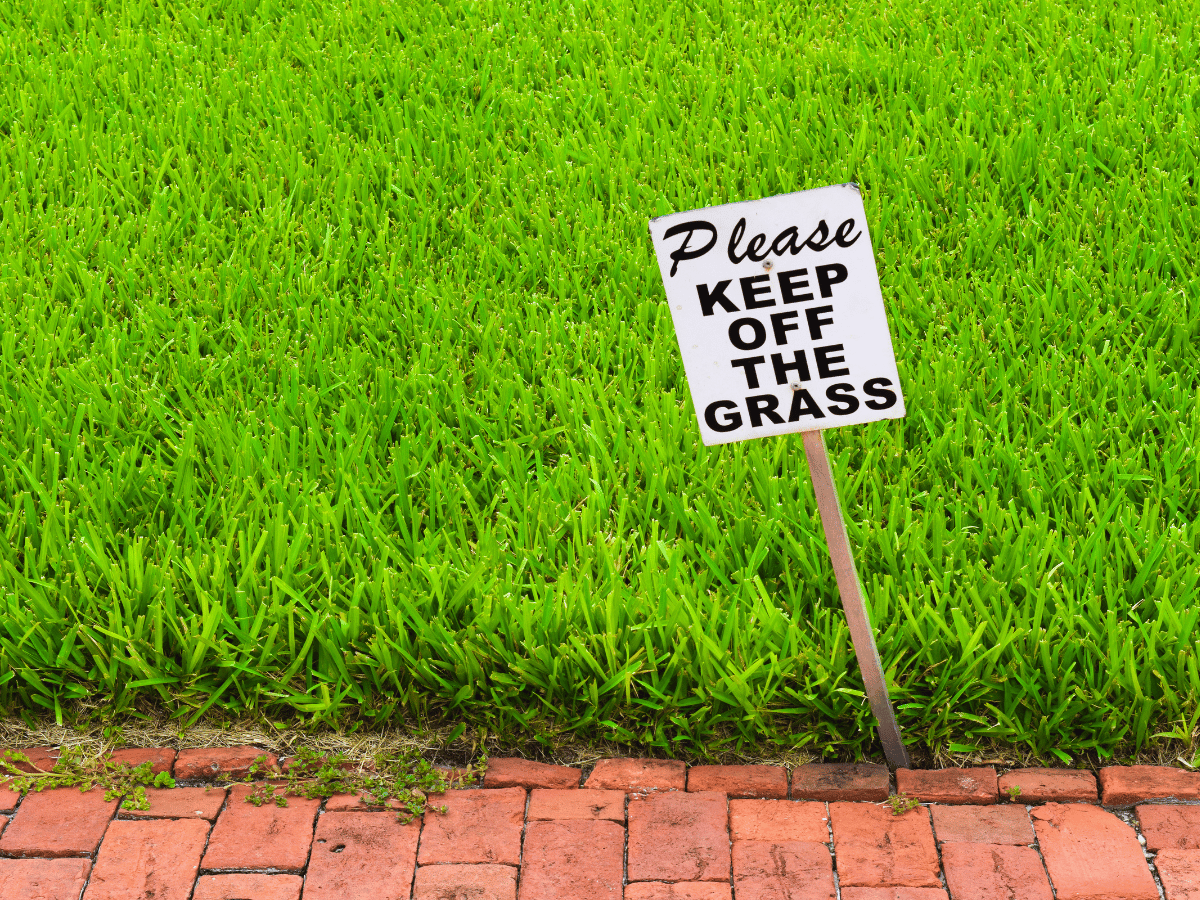I have a confession to make: I used to be really judgmental of coaching.
As someone who’s been in therapy for over a decade, I couldn’t wrap my head around why I would go to see a coach when my therapist already had a freakin’ PhD in psychology. What could a coach possibly have to offer me?
But after a while, I noticed something about therapy: It was great for unpacking what made me tick — going deeper into my relationships and unraveling my past traumas. But we never had quite enough time or space to address the day-to-day anxiety of living with ADHD. I needed to create structure in my life to function well.
I needed to look at my habits and routines, and get creative about how I approached them. I needed to build new skills so I could manage a household and stay productive at my job. I needed advice and someone to hold me accountable.
In other words, I needed a coach on my team.
Luckily for me, I found an amazing coach, and I quickly changed my tune about the whole coaching thing. In fact, it helped me so much, I went on to become an ADHD coach myself. Whether you’re a skeptic or more than a little curious, this resource is for you.
Let’s dive into some of the most common questions about ADHD coaching, starting with the obvious: What on earth is it?
Too long; didn’t read
- Therapy is effective for understanding general issues but sometimes lacks in addressing daily ADHD challenges.
- Coaching focuses on setting goals and finding solutions for ADHD-related obstacles.
- Therapy and coaching have different approaches, as therapy answers, “Who am I and how did I get here?” and coaching answers, “Where am I going and where do I want to be?”
Most common questions about ADHD coaches

What is ADHD coaching useful for?
In general, life coaching is about setting future goals and strategizing about how to meet them. In the context of ADHD, a coach will look at the areas of your life that are impacted by your ADHD, and help you find creative solutions to address those obstacles.
For example, I had a client who was a night owl, but was starting a new job that required him to wake up early. We talked about the science of habit formation, how to build ADHD-friendly routines in the mornings and evenings, looked at the obstacles that prevented him from going to bed on time, and found creative ways to make his mornings more enjoyable.
Think of your ADHD coach as a strategic advisor, helping you to build the life you want to be living!
What’s the difference between a coach and a therapist?
The most obvious difference between a coach and a therapist is training. Coaching is an unregulated industry, meaning anyone can call themselves a coach without providing credentials or receiving formal training.
A therapist, on the other hand, must go through graduate school and licensure to be able to practice therapy. While there is overlap in the support they can offer, coaching tends to be a space for action (goal-setting), while therapy is a place where we examine our reactions (emotional regulation and reflection).
In other words, therapy can answer the question, “Who am I and how did I get here?”
Coaching, on the other hand, answers, “Where am I going and where do I want to be?”
What kind of person benefits from ADHD coaching?
I truly believe that anyone can benefit from ADHD coaching.
Most — if not all — of us feel that our ADHD holds us back in some way. Coaching provides a space for us to look at where those obstacles are, and how best to address them. That said, if you're in crisis or experiencing debilitating mental health symptoms, you should first connect with a mental health clinician — like a therapist or counselor — to address these concerns first.
What credentials should a coach have?
Here’s where my opinions get a little... controversial.
There are coaches with expensive certifications that aren’t so great at their jobs. And there are coaches who live with ADHD — who have learned the ropes firsthand, rather than undergoing formal training — who do an amazing job.
There’s no single credential that guarantees you’ll have a good coach! What’s more important is that you have a good fit. We’ll talk more about that in the next section.
How do I know if I’ve found the right coach for me?
You’ve read their website, and it feels like they’re describing your whole life!
You’ve had a look at their social media pages, and you love what they stand for.
You’ve had your initial consultation call, and the conversation flowed easily.
When you hung up the phone (or hopped off Zoom), you were smiling from ear to ear.
Put another way, the vibe is just… right. You know in your gut that this is the person. I knew I had the right coach because we were both excited to be working together. That excitement is meaningful! Your coach should be eager to support you. Their enthusiasm should be contagious, because that’s where your motivation and accountability will be coming from.
The right coach should make you feel like you’re ready to take on the world (or at least like you’re ready to take a few brave steps forward).
Don’t settle for anything less.
I’m not sure I can afford coaching — what should I do?
You should still reach out to the coaches that you’re interested in working with! Many can offer payment plans, sliding scales, and even free sessions for those of marginalized identities.
Ready to accomplish your goals? Inflow has tons of qualified coaches to help you create systems that work with your ADHD. Get started with Inflow today!


.jpg)





